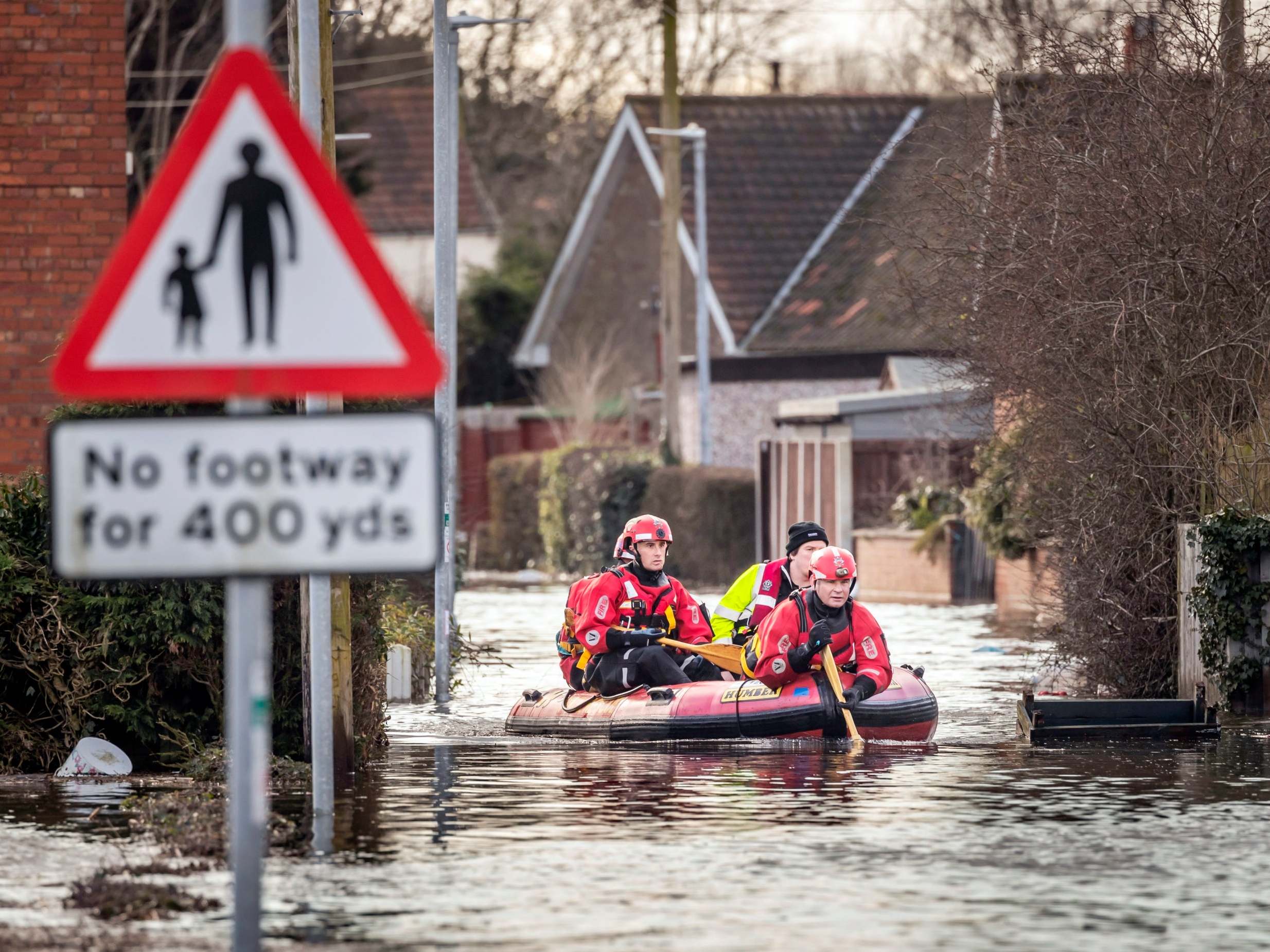Coronavirus: Climate scientists appeal for help digitising historic UK rainfall records during lockdown
Majority of data from past two centuries exists only as scans of handwritten records

Your support helps us to tell the story
From reproductive rights to climate change to Big Tech, The Independent is on the ground when the story is developing. Whether it's investigating the financials of Elon Musk's pro-Trump PAC or producing our latest documentary, 'The A Word', which shines a light on the American women fighting for reproductive rights, we know how important it is to parse out the facts from the messaging.
At such a critical moment in US history, we need reporters on the ground. Your donation allows us to keep sending journalists to speak to both sides of the story.
The Independent is trusted by Americans across the entire political spectrum. And unlike many other quality news outlets, we choose not to lock Americans out of our reporting and analysis with paywalls. We believe quality journalism should be available to everyone, paid for by those who can afford it.
Your support makes all the difference.A climate scientist is appealing for volunteers to help “rescue” 65,000 pages of old UK rainfall records while housebound during the coronavirus lockdown.
The majority of the country’s records from before 1960 exist only in Met Office scans of their original paper form, dating back as far as 1820.
The Rainfall Rescue Project wants to digitise the records, which cover four million measurements from weather stations in every part of the UK.
With the majority of Britons confined to their homes, Professor Ed Hawkins hopes to find volunteers to help transcribe these old records, which could help scientists to better prepare for future droughts and flooding.
“I think given the present circumstances we might well find more volunteers who are looking for distractions and are able to help,” said Prof Hawkins, of the National Centre for Atmospheric Science and the University of Reading.
“I certainly feel a little bit overwhelmed at the moment and want to have a distraction, something useful to do and this would be very useful to help climate scientists better understand the wonderful British weather.
“You can either sit and binge-watch Netflix, and that’s very necessary, but it would also be great if people could help us out with projects like this.”
Volunteers can help by visiting the project’s website and copying over the amounts of rainfall and locations from the scanned handwritten records.
“If you do just a couple of minutes every now and then – that’s great,” Prof Hawkins told the BBC. “If you want to spend an hour doing 30 or 40 columns – then that’ll be amazing. But any amount of time, it will all add up and be a tremendous help.”
In keeping with the British tradition of talking about the weather, there were at least 3,000 rain gauges across the UK from 1900 onwards, and several hundred as far back as the 1840s.
But currently only a fraction of the 65,000 pages of measurements taken over the last 200 years are currently available for manageable analysis by scientists.
This project could help them to prepare for droughts and establish worst case flood scenarios, so that defences can be built at the correct height.
The wettest month on record in the UK is thought to be October 1903, but scientists currently only have a fairly broad picture of how this extreme weather event affected the UK as a whole.
“This data will help us clarify where exactly it was very wet and why,” said Prof Hawkins.
“If October 1903 happened again today we would get floods larger than we’ve seen recently, and so understanding how much rain we could get in a particular month nowadays is extremely valuable for those planning flood defences, for example.
“What we’re trying to do here is to fill gaps in our understanding. We know that in the past we’ve had some very wet periods and some very dry periods in the UK, and these have significant impacts on society.
“It’s likely we’ll get very wet periods and very dry periods again in the future, so we want to try to understand the causes of very wet and very dry periods so we can plan better to deal with extreme floods or extreme droughts.”
To help transcribe the rainfall data, visit the Rainfall Rescue Project website.
Additional reporting by PA
Join our commenting forum
Join thought-provoking conversations, follow other Independent readers and see their replies
Comments